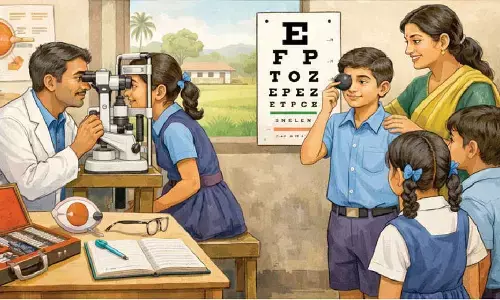Fashion tips for first day in college

Fashion Tips For First Day In College. If you’re too confused about what to wear on the first day of college, just clear your puzzled mind by choosing to wear something simple yet stylish in a comfortable fabric like cotton.
If you’re too confused about what to wear on the first day of college, just clear your puzzled mind by choosing to wear something simple yet stylish in a comfortable fabric like cotton.
.jpg)
Cotton Council International (CCI) has come up with five college fashion tips to help youngsters get their style right:
1. Classic blue jeans never grow old and are a must have in your wardrobe. The easiest way to wear them is to pair them up with your cotton kurtis, t-shirts or tank tops. Pick floral cotton knee-length kurtis to go with a dark blue or black denim. For the first few days of enjoying the summer trips with classmates, pair your worn-out denim or knee length cotton shorts with pop coloured tank tops or plain white t-shirt.
2. To help beat the summer heat, opt for flowy skirts. Whether they are above the knee or below, skirts are in trend this season as they are easy to handle. Body-hugging tops tucked inside the skirt is a comfortable yet stylish way to attend the first day at college.
3. After Deepika Padukone sported them in “Cocktail”, palazzo pants are in vogue. These loosely-fit pants can be worn in any shade and print. However, be careful when mix-matching and wearing busy prints as you don’t want to commit a fashion faux pas on day one.
4. Crop tops is something that is trending amongst teenagers. Whether you’re one with the perfect abs and don’t mind showing it off or someone who is a little conservative — remember to experiment. You can wear your crop tops over a long tight-fitted tank top. This way you don’t have to show off your navel and can stay in sync with the trend.
5. Besides clothes, it’s equally important to pay attention to accessories. You don’t want to be known as the Plain Jane of your college. Make sure to maintain a balance between not too less and not too much. Go for silver anklets, stone-studded neckpieces, floral or bright coloured cotton scarves which can also be used as funky headgear to get that chic look. What will add on to your personality is getting your hair right. Keeping it poker straight is passe. Go for those curls, waves, French buns and fish braids.
Go for silver anklets, stone-studded neckpieces, floral or bright coloured cotton scarves which can also be used as funky headgear to get that chic look. Source: h-don.com Go for silver anklets, stone-studded neckpieces, floral or bright coloured cotton scarves which can also be used as funky headgear to get that chic look.
Above all, a smile on your face and confidence to carry yourself well will just make you look perfect in whatever you wear. Let yourself loose!

















